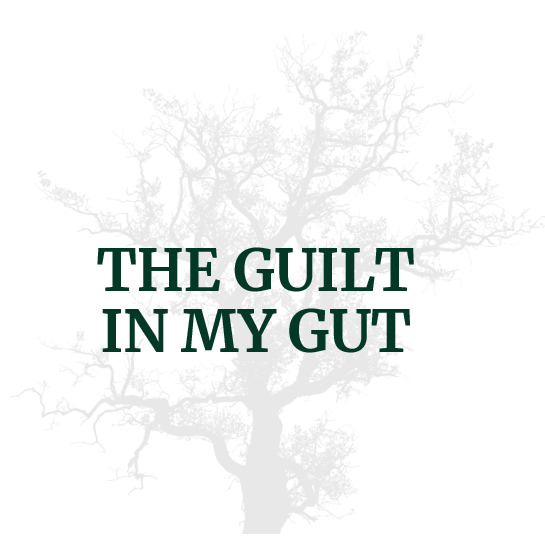This book chronicles my therapeutic journey in my quest to heal from gastrointestinal condition. It is a deeply personal path, inherently unique, and cannot be replicated exactly as it unfolded for me. However, even though my experience is highly individual, I believe it offers a valuable perspective to anyone seeking to understand the connections between the mind and the body, particularly in the context of autoimmune diseases. This narrative is intended to be both informative and inspirational, serving as a resource for those exploring the role the psyche can play in the onset and management of chronic illnesses.
In my experience, autoimmune diseases, particularly IBS/IBD, can have a purely psychological trigger. This assertion is the result of years of reflection, introspection, and intensive therapeutic work. Other factors, such as genetics, environment, or societal influences, play a significant role in the emergence of these illnesses, but in my view, these factors are largely beyond our control once the disease has manifested. What’s fascinating, however, is that the psychological factor can be addressed and modified after the fact. This is what makes psychotherapeutic work so powerful in the context of illnesses like IBS/IBD: it allows us to target internal triggers, often invisible but deeply ingrained, that exacerbate physical symptoms.
Through my own therapeutic work, I gradually uncovered recurring patterns associated with my gastric pain. Every episode, every moment when symptoms emerged, appeared to be connected by a common thread. This underlying factor, which I eventually identified with clarity, can be summed up in a single word: guilt.
This pervasive and insidious emotion consistently emerged as a trigger for my symptoms. Guilt, in all its complexity, played a central role in the onset of my flare-ups. It surfaced in various aspects of my daily life—whether in my relationships, professional decisions, or social interactions. This book delves into the intimate connection between guilt and the physical manifestation of illness, and how, through deep work on this emotion, I was able not only to understand it but also to lessen the intensity of my symptoms and, at times, even make them disappear for extended periods.
Gastrointestinal condition and therapy
All rights reserved. No portion of this book may be reproduced, copied, or utilized in any form or by any means—electronic, mechanical, or otherwise—whether existing or yet to be developed, including photocopying, recording, or storing in any information retrieval system, without prior written permission from the publisher. Gastrointestinal condition and therapy


Reviews
There are no reviews yet.